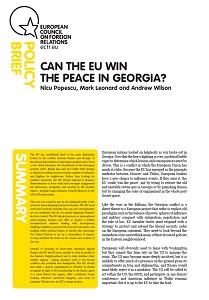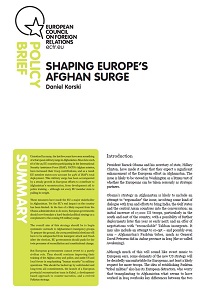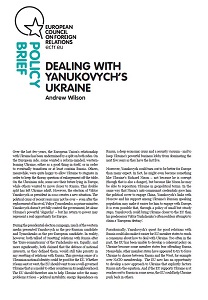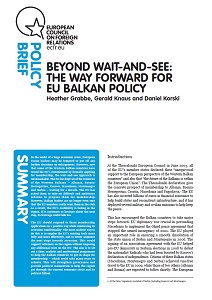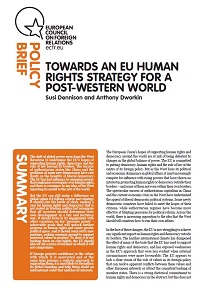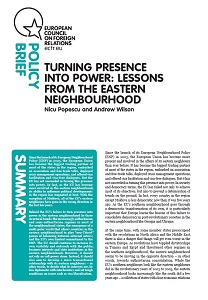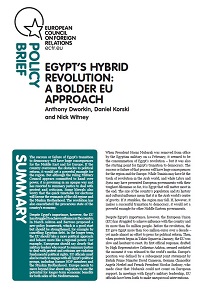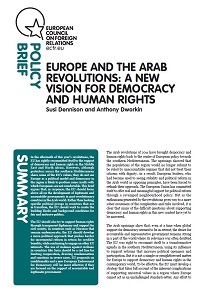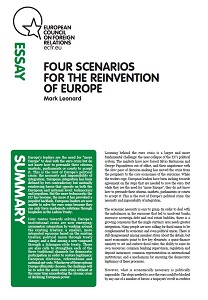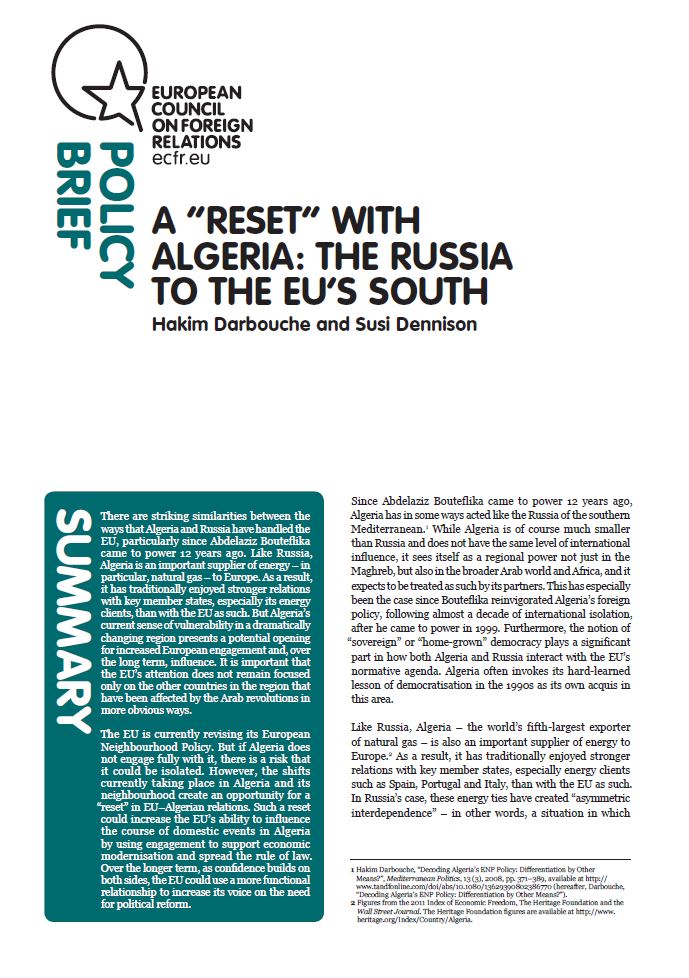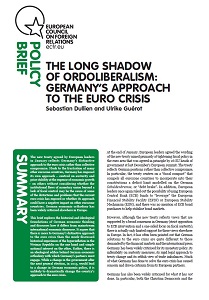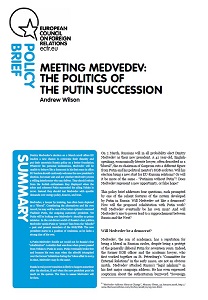
Meeting Medvedev: The Politics of the Putin Succession
Meeting Medvedev: The Politics of the Putin Succession
Keywords: governance of Russia; Dmitry Medvedev;
Dmitry Medvedev’s election on 2 March 2008 offers EU leaders a new chance to overcome their disunity and put their uncertain Russia policy on a better foundation. Whatever his personal inclinations, Medvedev will be unable to behave like a democrat in his first years in office. EU leaders should cautiously welcome the new president’s election, but must wait and see whether Medvedev proves a willing interlocutor who can deliver. They should refrain from the foolish enthusiasm they displayed when the sober and coherent Putin succeeded the ailing Yeltsin in 2000. Instead they should test Medvedev with specific demands over energy policy, Kosovo, and Iran.Medvedev, a lawyer by training, has often been depicted as a “liberal”. Considering the alternatives and his own record, he may well be one of the better options to succeed Vladimir Putin, the outgoing autocratic president. Yet Putin will be looking over Medvedev’s shoulder as prime minister. In the cut-throat world of Russia’s clan politics, Medvedev needs Putin to “protect” him from the “siloviki” -- past and present members of the KGB/FSB. The new president starts in a position of weakness, as he lacks a strong clan of his own. // A Putin-Medvedev double act would not be Russia’s first “cohabitation”. A similar deal was done when power passed from Yeltsin to Putin in 2000. Putin eventually broke free and became his own man when the siloviki triumphed over the former Yeltsinites during the Yukos affair in 2003. In time, Medvedev may do the same. Russia’s real power transition is likely to happen sometime after the election, if and when the new president puts his mark on the system. The time to assess Medvedev will be then.
More...
